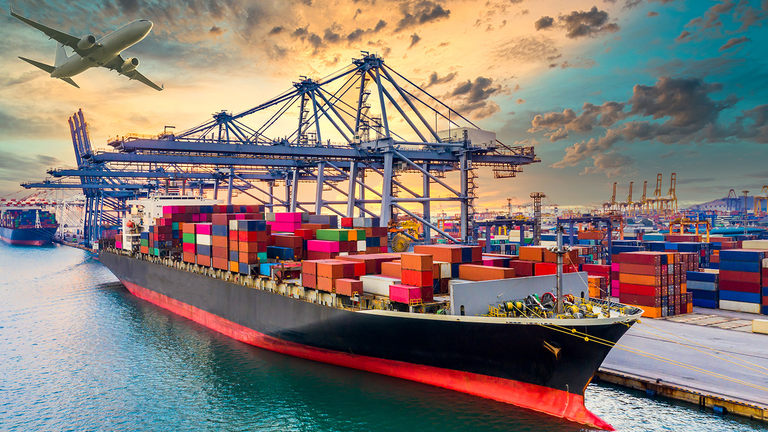In what could have been the worst and destructive acceleration of protectionist trade measures, trade policy restraint pursued by G20 economies, as well as WTO members more broadly averted such an outcome, a WTO report shows.
WTO Director-General Ngozi Okonjo-Iweala warned that barriers to trade remain in place and continue to undermine global efforts to increase and diversify the production of vaccines.
“The multilateral trading system has again proven its value. As was the case during the global financial crisis more than a decade ago, the system has been a solid and effective bulwark against any acceleration of protectionism as we face the worst economic and health crisis in generations.
“As the world struggles to overcome the enormous human, economic and social impact of the pandemic, we must not be complacent. Trade recovery will not be sustainable unless vaccine equity is assured,” indicated Okonjo-Iweala, Director-General.
She underscored that while the report’s findings indicate trade-restrictive measures are gliding downwards, the G20 economies need to do more to encourage the free flow of medical inputs and supplies critical to saving lives.
Expressing her concern over the negative effects of trade restrictions, Director-General Okonjo Iweala mentioned that restrictions of trade intrudes efforts toward ramping up production, particularly in the developing world. Thereby, ensuring the equitable distribution of vaccines.
“Vaccine policy is trade policy and we must do everything we can to prevent a resurgence of the pandemic, which would significantly jeopardize the global economic recovery. At this juncture, G20 leadership will be crucial in underpinning a return to strong, sustainable and inclusive growth.”
Findings of the Report
Furthermore, the WTO Trade Monitoring Report on G20 trade measures comes as the impact of the pandemic still lingers. The mid-October 2020 to mid-May 2021 update provides important insight into a broad spectrum of issues, including international cooperation and coordination.
The report indicates that trade has been a force for good during the pandemic by enabling access to medical supplies. Despite the value of global merchandise trade shrinking by more than 8% in 2020, trade in medical supplies increased by 16%, and personal protective equipment (PPE) by 50%.
Moreover, it also notes that the multilateral trading system has allowed for ease in trade flow, with the WTO playing a central role in ensuring that supply chains are kept open and restrictive trade policies are avoided.
However, looking at these in the context of the Covid-19 pandemic and vaccine production, the gap appears wide, as the public health concerns are a threat to the global economy. But, production of vaccines has been slow and distribution uneven contributing to disparities in access across countries.
In terms of numbers, G20 economies implemented 140 trade and trade-related measures in the area of goods since the outbreak of the pandemic – 101 (72%) of a trade-facilitating nature and 39 (28%) of a trade-restrictive nature.
Moreover, the reduction or elimination of import tariffs and import taxes made up 60% of trade-facilitating measures taken, and certain G20 economies reduced their tariffs on a variety of goods such as PPE, sanitizers, disinfectants, medical equipment and medicine/drugs.
Additionally, initiations of trade remedy investigations reached its lowest level after marking its highest peak in 2020. The monthly average of trade remedy initiations 15 was the lowest recorded since 2012.
READ ALSO: Ghana secures €280 million first Social Loan financing in SSA




















